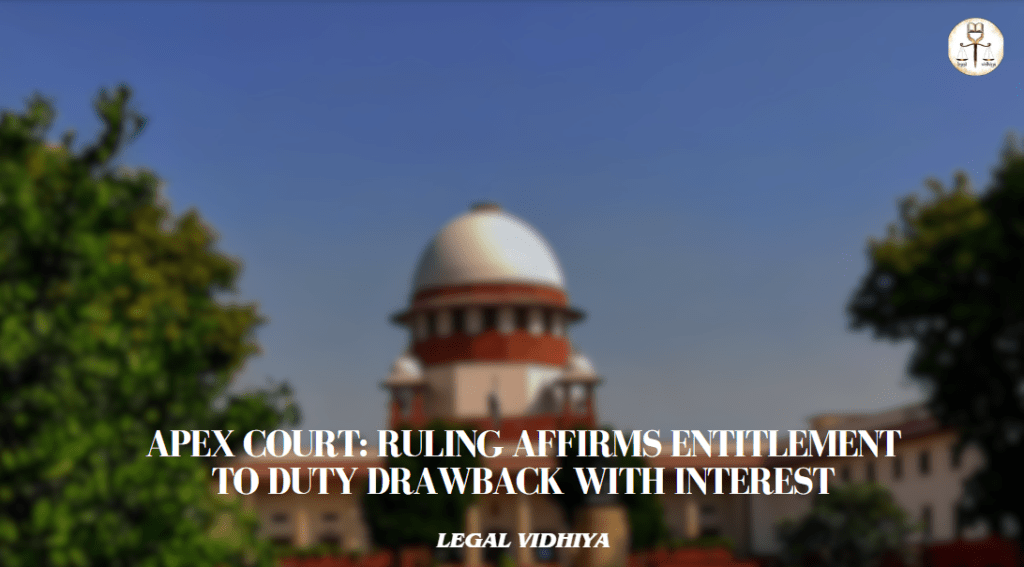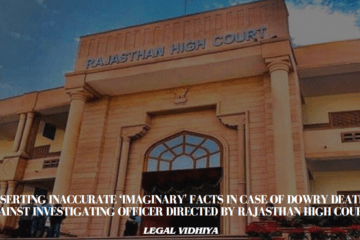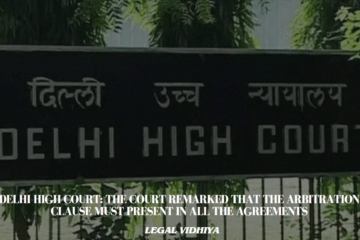
In a significant legal development, recent ruling by the High Court upheld the entitlement of the party to receive a refund of duty drawback, shedding light on the intricacies of customs, central excise, and service tax regulations.
The case involves a dispute over the entitlement of the respondent (a class-I contractor) to duty drawback under the ‘deemed export’ scheme in connection with its civil construction work for the Koyna Hydro Electric Power Project.
The respondent M/S. B. T. Patil claimed duty drawback for the construction work under the Exim Policy, 1992-1997.
The Director General of Foreign Trade (DGFT) initially rejected the duty drawback applications, stating that civil construction work did not qualify for ‘deemed export’ benefit.
Despite rejections, the respondent made representations for reconsideration, and a Policy Interpretation Committee, constituted on 07.10.2002, decided to extend the duty drawback benefit to the respondent as a special case.
DGFT, on 01.11.2002, permitted duty drawback of Rs.2,05,79,740.00 to the respondent, stating that it would not be treated as a precedent.
The respondent sought interest on the duty drawback amount, citing delayed payment, but DGFT rejected the request.
The respondent filed a writ petition, and the learned Single Judge, in 22.09.2005, held in favor of the respondent, stating that they were entitled to duty drawback and interest on delayed payment.
1. The case revolves around the concept of “drawback,” referring to the rebate of duty or tax on imported or excisable materials used in the manufacturing of goods intended for export.
2. Deemed Export Benefit: The court clarified that the supply of goods to certain projects, termed “deemed export,” is eligible for the duty drawback scheme. This includes projects financed by multilateral or bilateral agencies.
3. Interest on Delayed Refund: A major contention was the delay in refunding the duty drawback. The court ruled that the party is entitled to interest on the delayed refund at a rate determined by the Central Government.
Relevant Rules and Regulations:
1. Customs, Central Excise Duties and Service Tax Drawback Rules, 1995: The rules define terms like “drawback,” “excisable material,” and “imported material,” providing the legal framework for claiming duty drawbacks.
2. Rule 3: Outlines the allowance of drawback, allowing the Central Government to determine the amount or rates for the export of goods.
3. Rule 14: Governs the payment of drawback and interest, specifying the proper officer’s role in disbursing amounts and addressing the combination of multiple claims.
Application of Ruling: The ruling clarifies the entitlement to duty drawback for deemed exports, emphasizing that it is not a concession but a legal right. It also underscores the obligation of timely refund, with interest at a rate set by the government for delayed payments.
CONCLUSION
The conclusion reached by the Court is that the respondent is entitled to both a refund of duty drawback and interest at a rate of fifteen percent, resulting in the dismissal of the appeal by the Union of India. This legal precedent carries significance for businesses engaged in exports and provides clarity on the intricate rules governing duty drawbacks, fostering a more transparent and predictable business environment.
CASE NAME: UNION OF INDIA AND ORS. M/S. B. T. PATIL AND SONS BELGAUM (CONSTRUCTION)
WRITER NAME : GANEESHA KHURANA , VIVEKANANDA INSTITUTE OF PROFESSIONAL STUDIES,INTERN UNDER LEGAL VIDHIYA.
Disclaimer: The materials provided herein are intended solely for informational purposes. Accessing or using the site or the materials does not establish an attorney-client relationship. The information presented on this site is not to be construed as legal or professional advice, and it should not be relied upon for such purposes or used as a substitute for advice from a licensed attorney in your state. Additionally, the viewpoint presented by the author is of a personal nature.




1 Comment
Ganeesha Khurana · February 7, 2024 at 1:17 pm
Thank you so much for publishing it